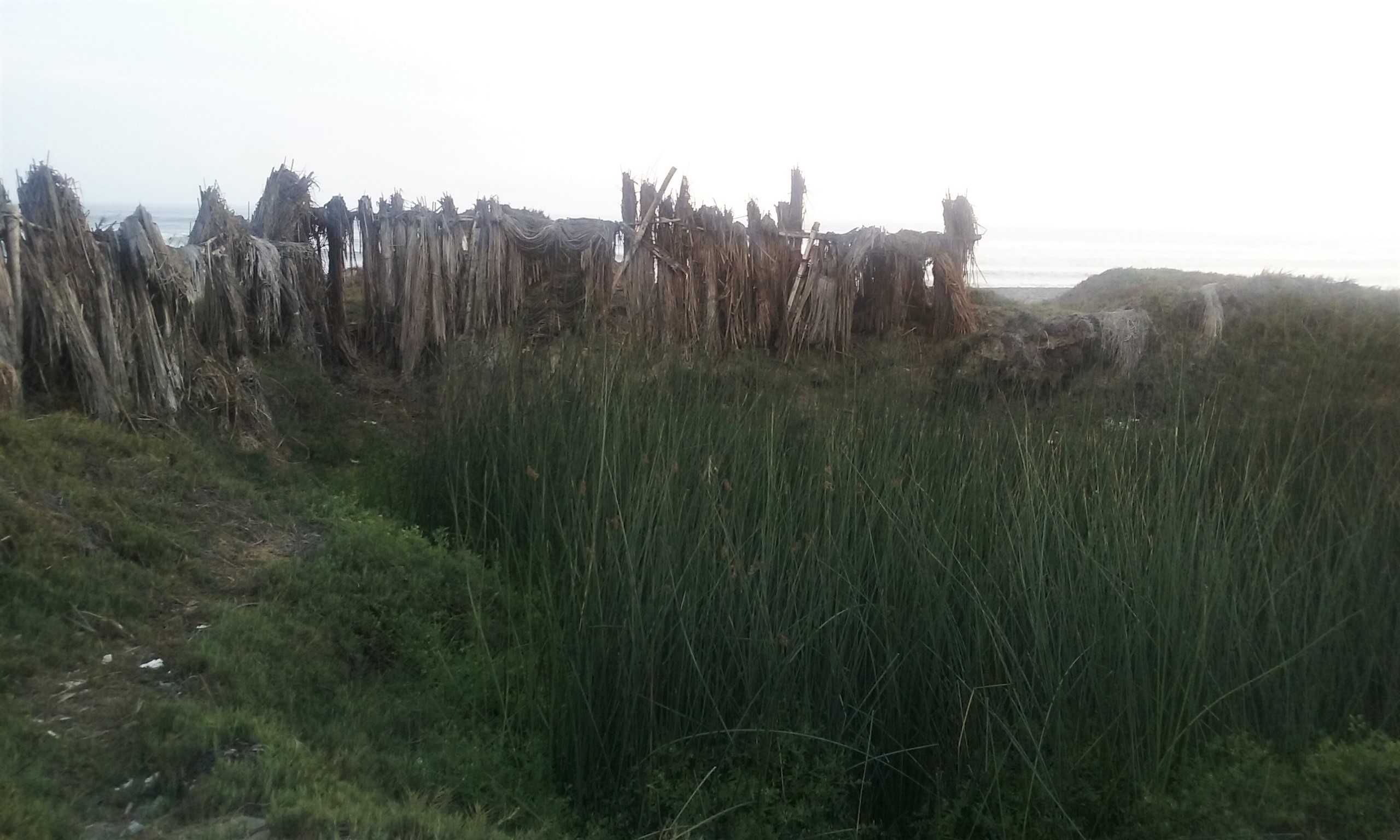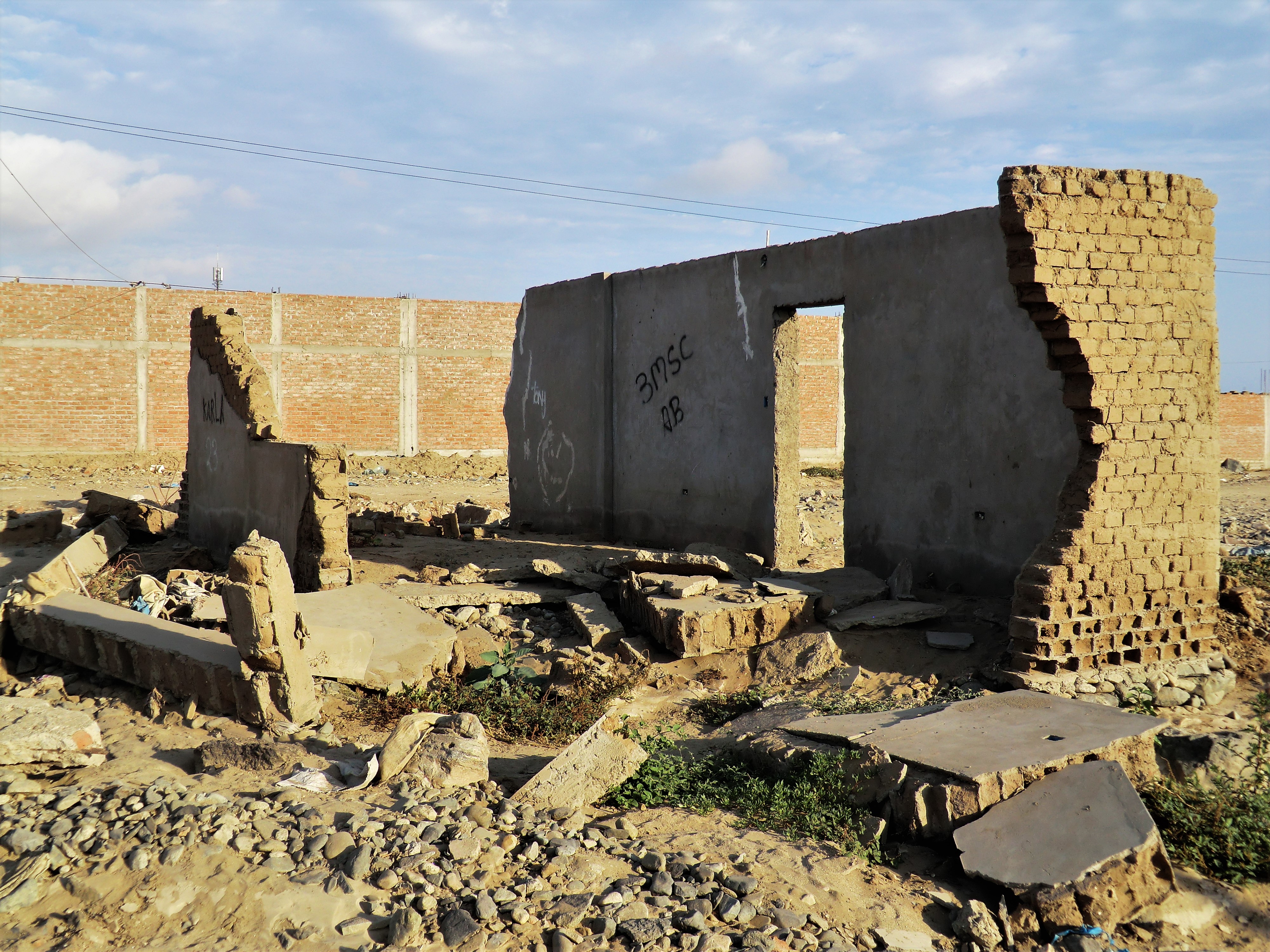Travel isn’t always pretty. It isn’t always comfortable. Sometimes it hurts, it even breaks your heart. But that’s okay. The journey changes you; it should change you. It leaves marks on your memory, on your consciousness, on your heart, and on your body. You take something with you. Hopefully you leave something good behind. –Anthony Bordain
I never realized how little I knew until I studied abroad. My mind and my heart have been opened to a world I was only superficially aware of. It’s an entirely different reality to read about Peru and Peruvian culture and to actually live it day by day. A beautifully complex and exciting reality.
I have become intimately involved in the everyday moments of people’s lives here, that I feel as though I’ve known them forever. I eat every meal in Marita’s café and she makes jokes with me. Miguel, the night guard at the hostel, makes fun of me every morning as I stumble down the stairs to breakfast with my messy hair, and he makes his way to run his bodega across the plaza. Daisy, one of the adorable house cleaners, laughs as she tries to teach me Spanish. Carmen, a traditional healer, brings so much happiness into the hostel when she visits, always smiling and giggling about her latest adventures, always bringing bags of herbs to fix our latest maladies.
I’ve seen a lot of sad things, too, which made me incredibly aware of the harsh realities of the world and my place in them. I witnessed the painful effects of climate change. There is an ecological reserve on the northern end of Huanchaco beach, trying to preserve the totora reeds used in making the traditional reed boats (caballitos de totora). The rising ocean levels during the past several years have limited the places where the reeds can grow. This limits the resources and threatens to minimize and potentially eliminate a several thousand-year-old tradition and livelihood.

A family plot of land on an ecological reserve that is trying to preserve the totora reeds.
I witnessed the travesties of living through a natural disaster. The site for my field school was a town which had been hit hardest by El Nino flooding earlier this year. The first time we visited, it was so somber. My heart felt like it weighed a thousand pounds as I saw rubble where homes used to be, shards of glass and unsafe debris where children were playing, tarps and tents now the only property demarcating a home. One woman pointed out the flood path saying, “it just took everything.”

The remains of an adobe home in El Milagro after the El Nino flooding. Children like to play inside the structure, which unfortunately is covered in shards of glass, trash, and dangerously uneven concrete and rocks.
Thankfully, we were able to do something to help. We learned how to do a needs assessment and an asset/skills assessment. By talking with everyone in the community, we found out what the most pressing needs were on a community and individual level. We then talked to each person about what their skills were, and what they could do to get back up on their feet, to help their family, their community. We talked about their hopes and dreams, what they would like to do and become. We compiled the data and gave it to our in-country coordinator who is trying to get government help based on the needs assessment. We had raised money through a fundraiser before coming, so we applied that money to buying food, water, and supplies each week for the community. We also donated our own clothes and supplies to help fill the needs we were seeing.
I feel incredibly motivated to continue on my educational and career path. I feel like an anthropologist now. My ethnographic field school has taught so many skills, both in class and in “the field.” I’ve learned interview techniques, writing skills, how to do unobtrusive observations and engage in participant observations. I’ve drawn ethnographic maps, sketched, and photographed areas and people we’ve encountered. I have increased my skills in understanding and speaking Spanish and am excited to continue practicing. I am writing my own ethnography which will be published on a website. I learned how to do a needs assessment in a resource-poor area, such as one struck by a natural disaster. I now have the toolkit to go work for any variety of NGOs and humanitarian aid organizations. I have the drive to continue to graduate school and complete my MPH/PhD program and become a medical anthropologist!
Studying abroad in this ethnographic field school in Huanchaco, Peru is the best academic and personal decision I could have made. It still feels surreal to me to say that I am living in Peru. It is a dream waking up and realizing that I’m here. Every bit of me – my disability, my education, my family, my dreams and goals – are why I’m here. My family, the Gilman team, and my incredible professor/program leader/mentor, and a lot of hard work are how I’m here.
That has been motivating me every day of this journey: realizing that I am not doing any of this on my own. I think that is one of the ways I have changed the most is learning that I can always have a support network, and accepting that it is a beautiful thing to accept help. I have also learned that I can always make time to help someone else (even if I feel pressed for time). I am learning to balance my needs with the needs of others.
This has been the most incredible experience. I don’t want it to be over! But the skills I have learned and the connections I’ve made are invaluable. My study abroad will always be a part of me, and a part of my heart will always be in Peru!



